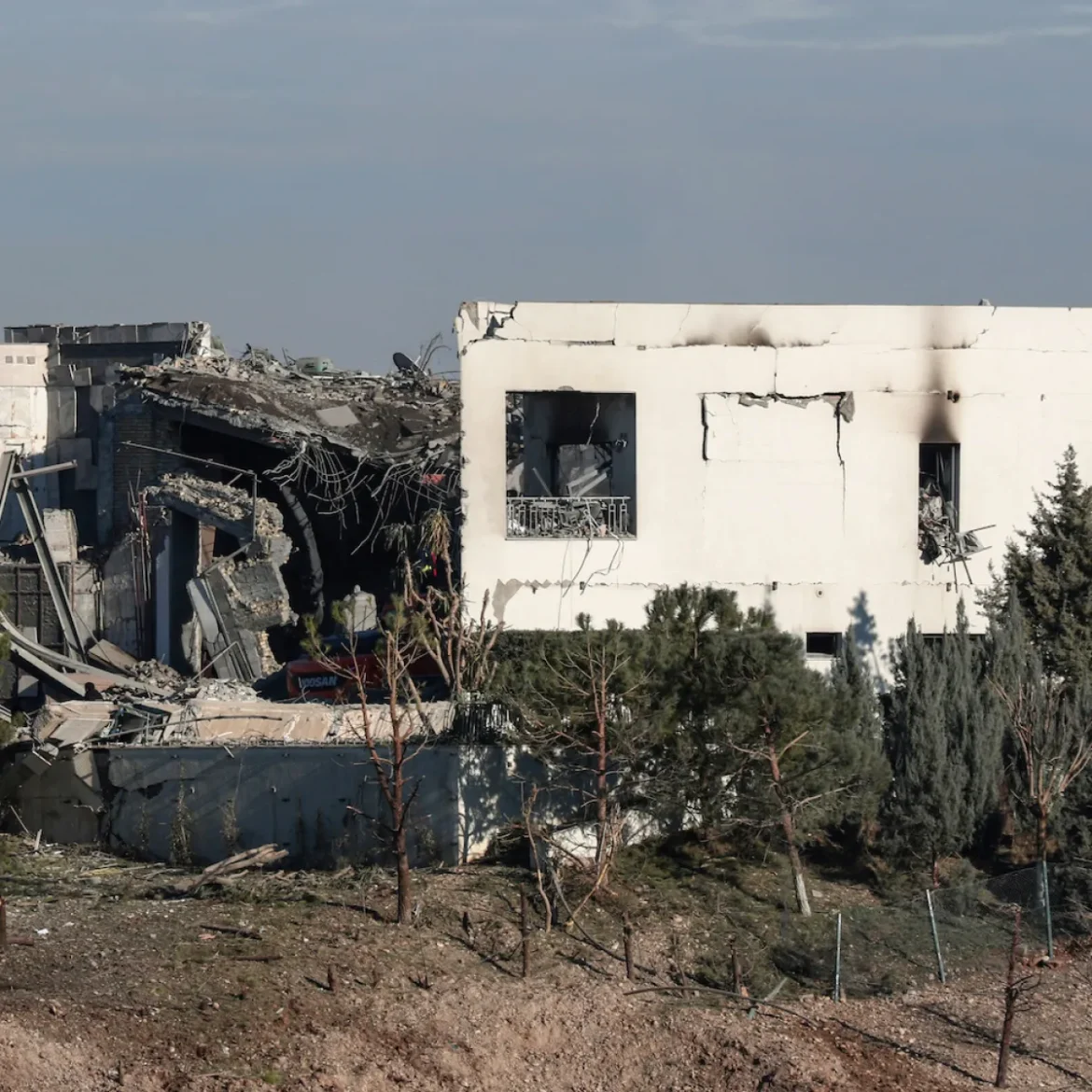133
By Political Reporter
BAGHDAD, June 4 (Reuters) – Iran-backed Shi’ite armed groups in Iraq have ramped up rocket and missile attacks on Israel in recent weeks, raising concerns in Washington and among some Iranian allies of potential Israeli retaliation and regional escalation should they draw blood.
Though the attacks, often from hundreds of miles (kms) away, are not seen by western officials and Israeli experts as posing the same level of threat to Israel as point-blank strikes by Hamas and Hezbollah, they have increased in number and sophistication.
At least two have hit their targets and many have had to be shot down by U.S. and Israeli defences, according to U.S officials and public statements by the Israeli military.
New weaponry such as cruise missiles have been regularly used since May and are harder for air defences to destroy.
“Overall, the intensity and the types of weapons systems used have steeply escalated,” said Mike Knights, a fellow at the U.S.-based Washington institute for Near East Policy, where he tracks the attacks. “It complicates the Israeli task and is an increased financial cost,” he said.
Reuters spoke to more than a dozen people, including sources in Iraqi armed groups and other factions in Iran’s network of regional allies known as the Axis of Resistan
nts of a sensitive issue.
They said the attacks by Iraqi factions, including Kataib Hezbollah and Nujaba, were a cause for rising concern for Washington and also viewed with unease among some in Iran and its powerful Axis ally Hezbollah in Lebanon, which has carefully calibrated its own engagements with Israel to prevent all-out regional conflict.
“They could get the Axis involved in something it does not currently want,” a senior figure in the Axis of Resistance said, describing the view among pro-Iran groups on condition he not be identified.
Iran and Hezbollah, the most organised members of the network, have in the past struggled to rein in Iraqi factions.
Hussein al-Mousawi, a spokesperson for Nujaba, one of the main armed Shi’ite factions in Iraq participating in strikes on Israel, told Reuters the strikes were a natural evolution of the role of Iraqi groups and aimed to increase the cost of the war in Gaza. They intend to strike from anywhere, for as long as is necessary.
“The operations carried out by the Resistance are not bound by temporal or spatial boundaries,” Mousawi said. “We, as a resistance, do not fear the consequences as long as we are in the right and we represent the popular and official will.”
The Iraqi government, which carefully balances its alliances with both Washington and Tehran, does not officially approve of the strikes but has been unable or unwilling to stop them.
Critics say this shows the limits of Prime Minister Mohammed Shia al-Sudani’s power in a coalition government that includes Iran-backed armed groups, and may undermine efforts to rebrand Iraq as stable and open for business.
Iraq does not recognise Israel and a 2022 law punishes those trying to normalise ties with death or life in prison. Israel views Iraq as an Iranian vassal state and main corridor for weapons from Iran to other armed groups including Hezbollah.
The Israeli and Iraqi governments did not respond to requests for comment. The U.S. State Department declined to comment.


